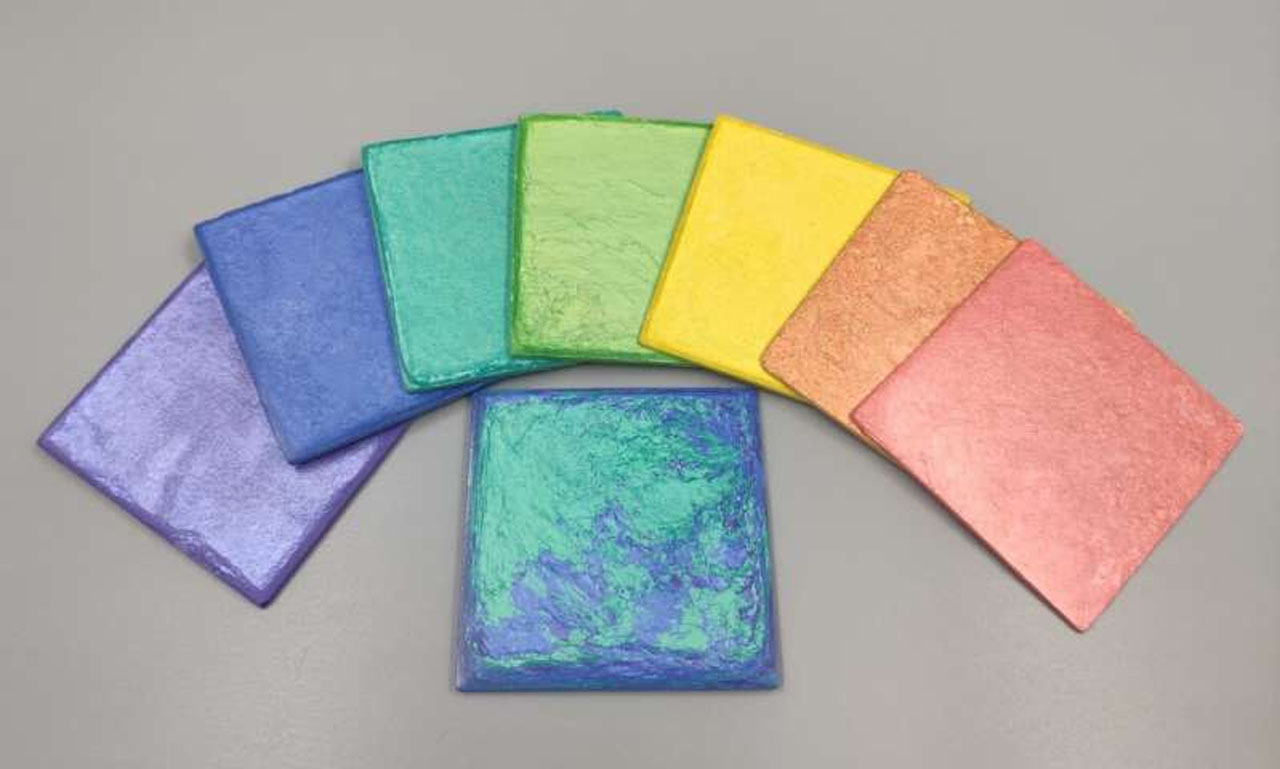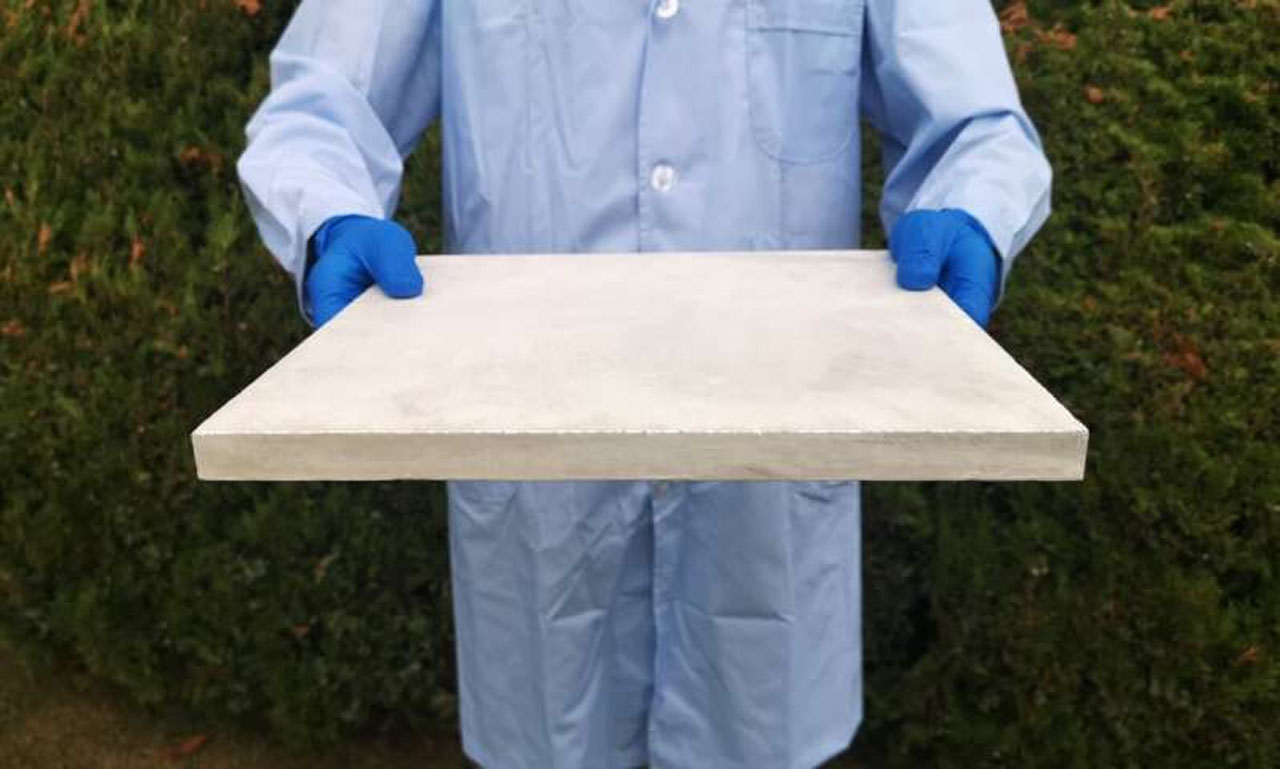Researchers Develop New Bioinspired Material Meant To Replace Plastics
Plastics are extremely common today and are widely used in many industries but pose significant environmental challenges. Some types of plastic don't break down in the environment and pose a significant source of pollution. The challenge with replacing plastic is that sustainable materials often have limited mechanical properties and complicated manufacturing processes. Researchers at the University of Science and Technology of China believe they have a replacement that could eliminate petroleum-based plastics.Researchers have a new method to manufacture material with a similar structure as nacre from a wood-derived fiber and mica. The material can be adapted for mass production, offers good processability and tunable coloration. Natural nacre has a hierarchically ordered structure like bricks and mortar, allowing it to be strong and tough.
The Material devised by the researchers uses TIO2 coated mica microplatelet and cellulose nanofiber. It can be manufactured using a directional deforming assembly method. That method presses the hydrogel of TIO2-mica and CNF. The manufacturing process and multiscale levels contributes to the materials load redistribution and toughness.
Materials using the manufacturing process have a toughness that's two times higher than that of high-performance engineered plastics such as polyamides and aromatic polycarbonate making it stronger than traditional petroleum-based plastic.
Another significant upside to the new material is that it can adapt to a much broader temperature range. Researchers found the materials can survive temperatures from -130 degrees Celsius to 250 degrees Celsius. Traditional plastics tend to get soft at high temperatures limiting their usefulness. While the material is stronger than conventional plastics, it's also sustainable and environmentally friendly. It's unclear when or if the new material might be commercialized.



